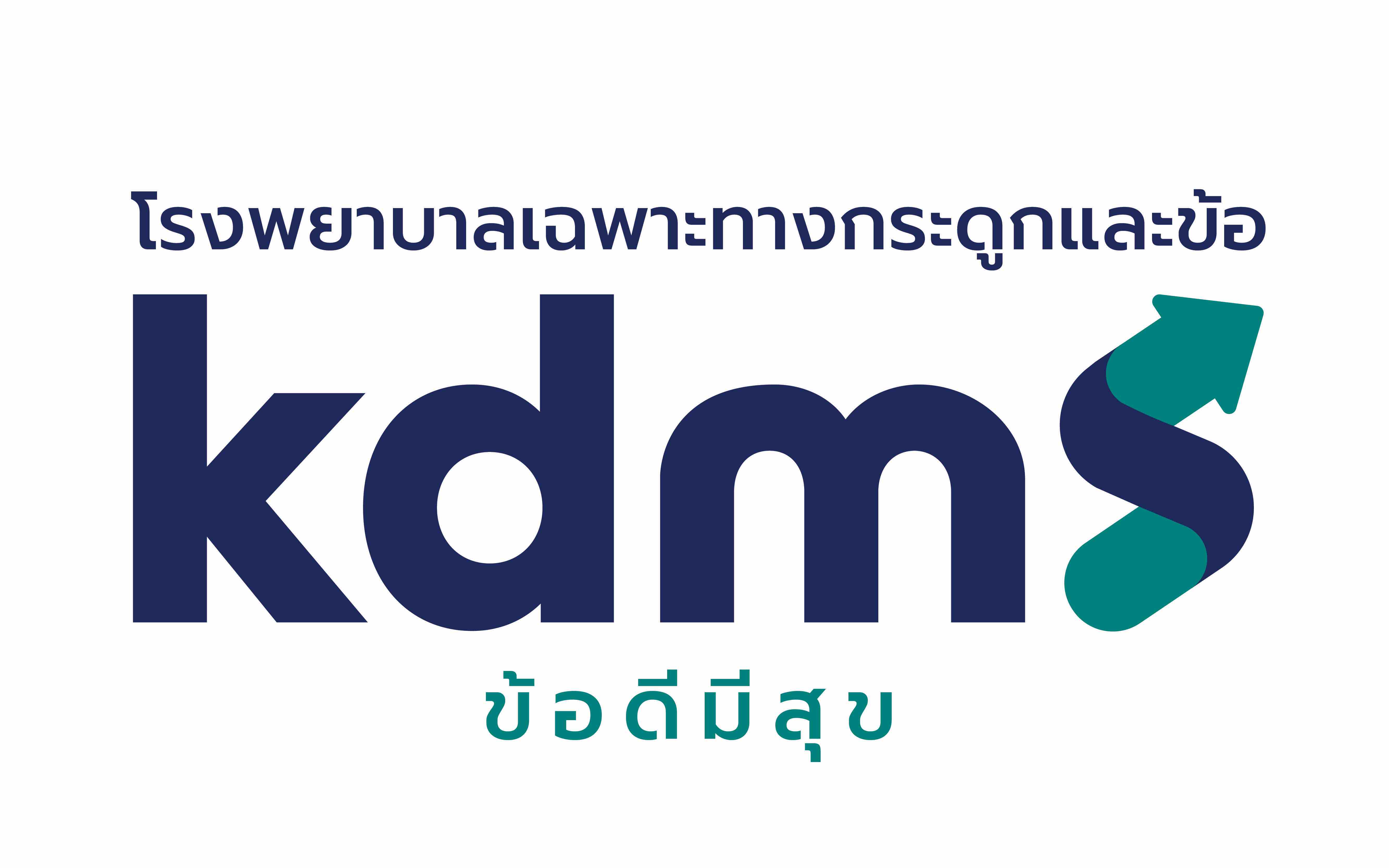Table of Contents
Patient’s Rights
We can provide better medical care when you and your family work together as partners with our staff. While it is our responsibility to advise you of your rights as a patient; you also have responsibilities in your treatment and care. We urge you to ask questions, cooperate, and be proactive in the medical care plan. If you have questions or concerns, please discuss with any staff member or manager.
While you are in our hospital, you have certain rights as a patient
- Patients have fundamental rights to get medical care from healthcare professionals without discrimination as stated in the constitution.
- Patients have the rights to receive truthful and adequate information about the illness, investigation, treatment, as well as benefits and risks from healthcare professionals in an appropriate language before making a decision to consent except in a case of emergency and life-threatening conditions.
- Patients with life-threatening conditions have the rights to receive immediate medical attention from healthcare professionals without the need to request for help.
- Patients have the rights to know name and profession of the responsible healthcare providers.
- Patients have the rights to ask for an opinion of another healthcare professionals and have the rights to request for a change to other healthcare professionals or medical facility that comply with the terms and conditions of respective health insurance.
- Patients have the rights to confidentiality of medical information except when a consent is provided or when the information is required by healthcare professionals to provide direct medical benefits.
- Patients have the rights to be completely informed before making a decision to participate in human subject research.
- Patients have the rights to make a request for information in their medical record that comply with hospital rules and regulations as long as the request does not violate the rights of others.
- A parent or legal guardian may exercise the rights on behalf of the patient who is under 18 years old or physically or mentally incompetent.
Patient’s Responsibilities
- Patients are responsible for asking for information and potential risks before signing an informed consent for diagnostic or treatment procedure
- Patients are responsible for providing truthful and complete health and other information to the responsible healthcare professionals.
- Patients are responsible for cooperating and following healthcare professionals’ recommendations about medical care and should notify when the compliance may not be possible.
- Patients are responsible for cooperating and complying with the following hospital’s rules and regulations:
4.1 Patients are responsible for providing complete and correct information for reimbursement from an insurance company as soon as possible after receiving an invoice from the hospital.
4.2 Patients are responsible for providing a copy of advance directive, living will, and written decision of preferred treatment options.
4.3 Patients are responsible for the medical appointments or inform the hospital if rescheduling is needed.
4.4 Patients are responsible for direct cooperation with hospital management representatives to resolve a complaint.
4.5 Patients are responsible for bringing only personal items essential for the hospital stay but not valuables.
4.6 Patients are responsible for not leaving the hospital facility without a permission from the doctor or nurse to ensure patient safety.
4.7 Patients are responsible for receiving medical and nursing care only from the hospital but not by other persons or by themselves except when instructed by the hospital to do so. - Patients are responsible for treating healthcare professionals, other patients, and visitors with courtesy and respect.
- Patients are responsible for informing about health insurance benefit with proper documentation to the hospital.
- Patients are responsible for being aware of the following facts:
7.1 Healthcare professionals who perform standard and ethical practice are protected by law and have the rights to be protected from unfair accuse.
7.2 Medical care refers to a current medical practice that is based on scientific evidence to show higher benefits than risks to the patient.
7.3 Medical care cannot diagnose, prevent, or treat all diseases or condition.
7.4 Any medical care can result in unexpected consequences despite the fact that the healthcare professional have been extremely careful in any situation.
7.5 Any test for disease screening, diagnosis, and treatment monitoring might have inaccurate result because of technological limitation and other uncontrollable by current standards.
7.6 Healthcare professionals have the rights to choose an evidence-based medical treatment option in a given context and limitations as well as to consult or refer the patient as appropriate.
7.7 Healthcare professionals may consult or refer the patient who are not in an emergency or life-threatening condition.
7.8 Medical care provided by healthcare professionals might be compromised if necessary health information is not disclosed by the patient.
7.9 Emergency room is only for patients who are in emergency and life-threatening condition.







